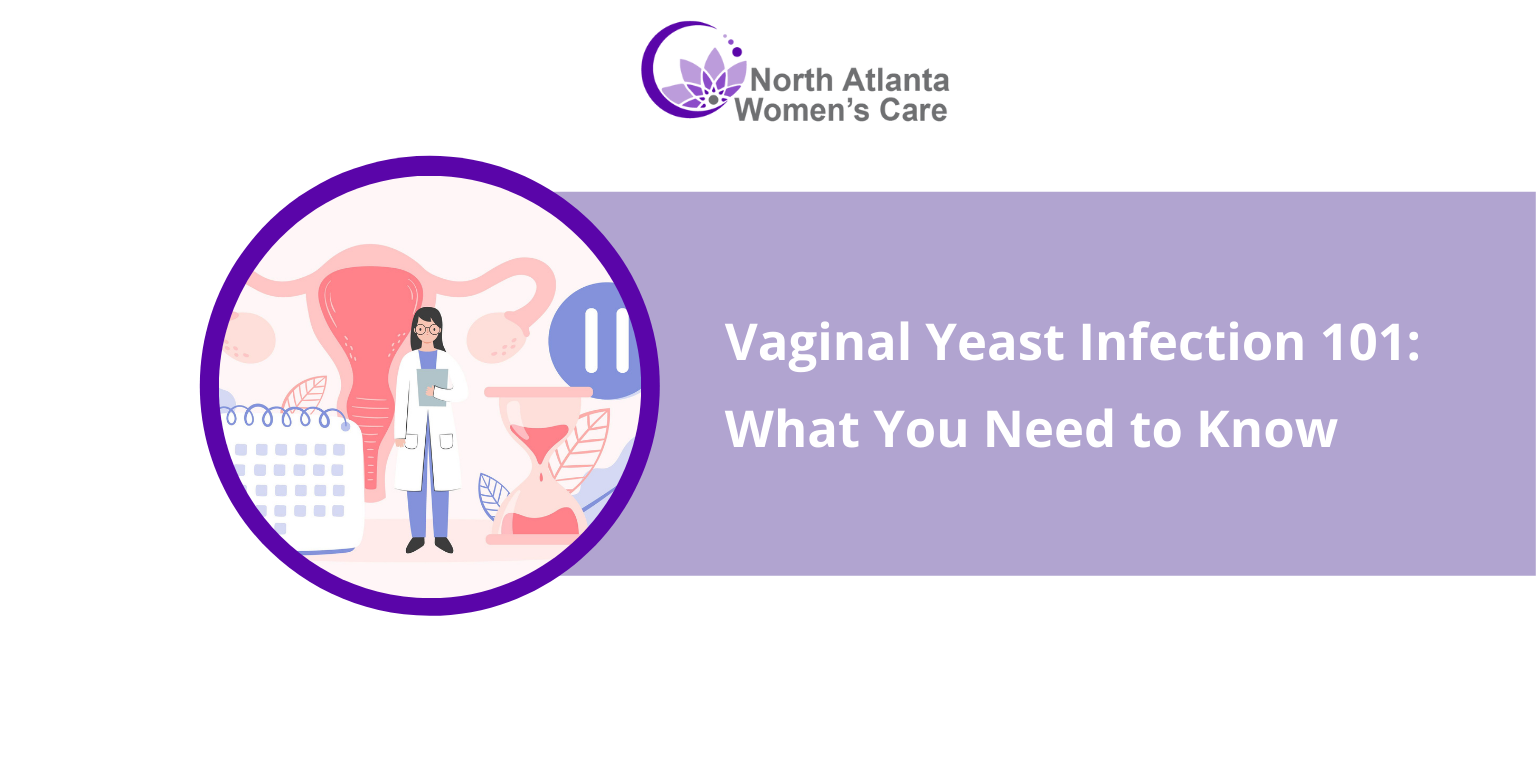Vaginal Yeast Infection 101: What You Need to Know

As the second most common type of vaginal infection in the United States, vaginal yeast infection accounts for about 1.4 million doctor visits every year. Yeast infections are also known as candidiasis fungal infections. Although a healthy vagina contains bacteria and some yeast cells, when there is an imbalance, the number of yeast cells increases and causes irritation, discharge, itchiness, and swelling.
What are the main causes of vaginal yeast infection?
A vaginal yeast infection isn't considered a sexually transmitted disease. But, there is an increased risk of yeast infection at the time of first regular sexual activity. Sexual contact can spread the infection, but women who aren't active can also get it.
The fungus responsible for most vaginal yeast infections is Candida Albicans. As said earlier, a healthy vagina contains a balanced mix of yeast and bacteria, including candida. Bacteria named lactobacillus act as a shield to prevent the overgrowth of the yeast cells.
However, if your system is unbalanced, these bacteria (lactobacillus) will not effectively prevent the overgrowth of yeast, resulting in yeast infection. Other factors that can cause vaginal infection include:
- Antibiotics that reduce the good bacteria (lactobacillus)
- Pregnancy
- Uncontrolled diabetes
- Weak immune system
- Hormonal imbalance near your menstrual period
- Stress
How do you know it's a yeast infection?
Yeast infection can range from mild, moderate to severe and have common symptoms that include:
- Vaginal itching
- Itching and irritation in vagina and vulva
- Swelling around vagina
- Burning sensation during intercourse or urination
- Vaginal rash and redness
- Watery discharge
- Whitish-yellow and clumpy discharge
Will a yeast infection go away on its own?
Every yeast infection is different, and some may go away on its own within a few days. However, it is best to see your doctor for a yeast infection treatment before starting any home remedies. Treatments are usually determined by your vaginal infection symptoms. So your doctor will first diagnose and suggest appropriate over-the-counter treatment or prescription.
How can you prevent a vaginal yeast infection?
Although you cannot eliminate the possibility of vaginal yeast infection, you can reduce your odds of getting it by taking a few safety measures. These include:
- Wear breathable underwear such as cotton underwear
- Wear comfortable and loose bottoms
- Avoid hot tubs and extra hot baths, especially avoid using hot water to wash your vagina
- Change your wet clothes immediately
- Always practice wiping from front to back
- When on your period, make sure to change your pads, tampons, panty liners often
- Limit or use antibiotics only when you have to
- Eat yogurt that has active cultures
At North Atlanta Women's Care, we provide a full range of women’s health services, from routine well-woman exams to family planning and STD testing. Schedule an appointment with our experienced providers today!
Comments are closed

